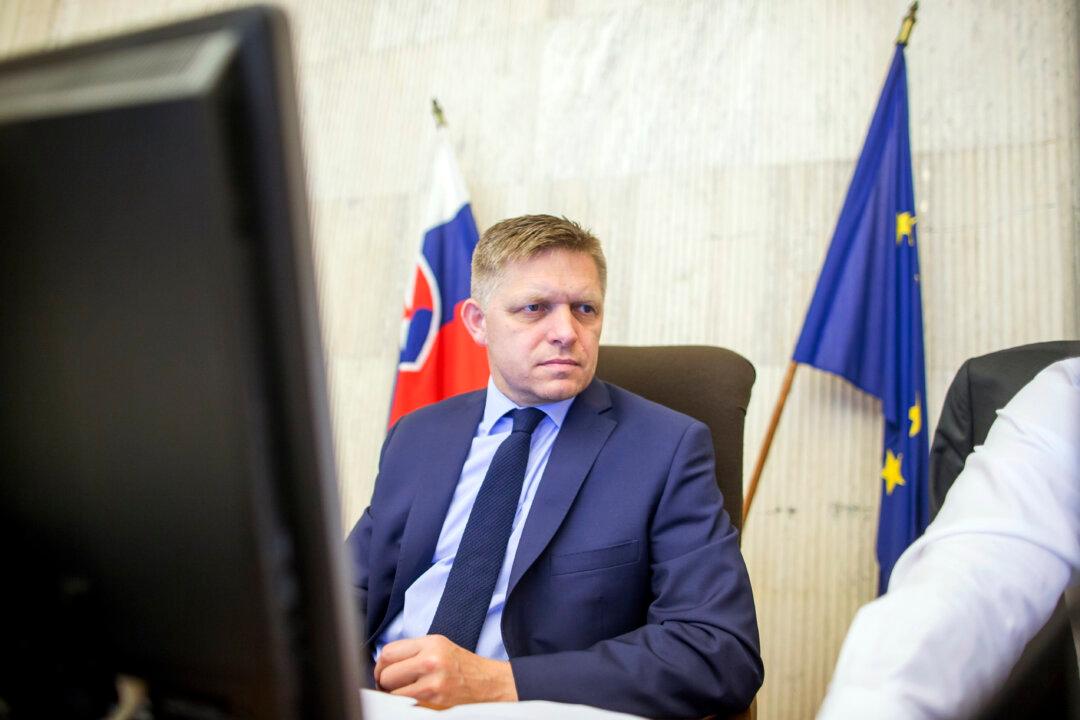Slovakia is threatening retaliatory measures against Kyiv, such as the “significant lowering of support for Ukrainian citizens,” after it halted the flow of Russian gas through its territory to Slovakia.
On Jan. 1, the major contract that piped gas through Ukraine from Russia ended after Kyiv’s state-owned Naftogaz gas company elected not to renew it.
Slovak Prime Minister Robert Fico, head of the landlocked country that has historically relied heavily on Russian pipeline gas, described the situation as “sabotage.”
In a video message posted on Facebook on Jan 2, Fico said that “the suspension of Russian gas transit through Ukraine to Slovakia is nothing short of sabotage.”




